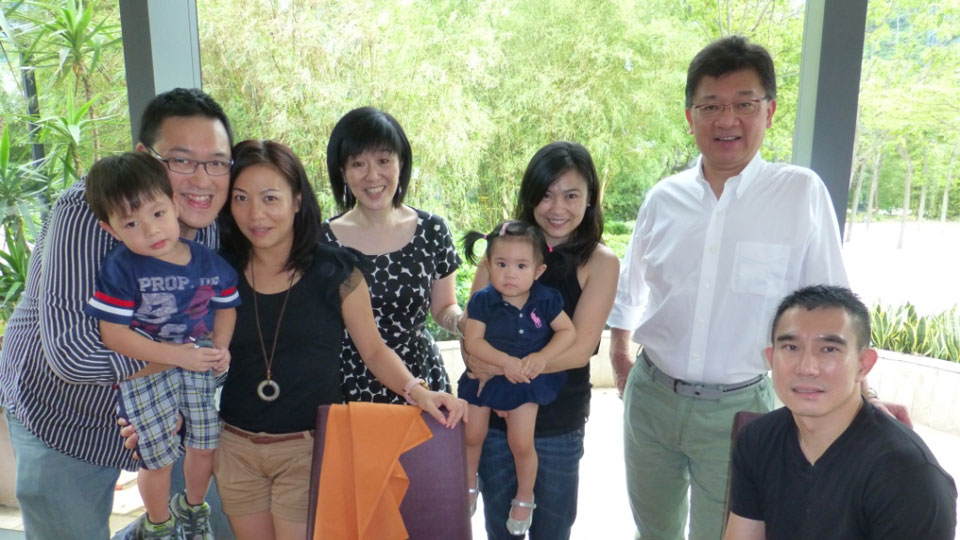FIRST STEPS PROGRAM

Early childhood education affirms that the child from even before birth wants to learn
First Steps is a course for young parents with young children, which helps them to discover the huge potential that their children have and how to stimulate learning in their child and the appropriate time.
First Steps is a practical course aimed at reminding mothers and fathers that being a parent of very young children is fun, and discovering at the same time the task of education.
The course stresses that to be a good and caring mother, who loves her children, does not mean that the children take over the house, make the rules, make endless remarks and wear down the parents to the point that all joy is gone from the family. The point is emphasized over again that if you have children and want to give them all the love they need, you do not have to give up everything else and become a slave to the demands of your child, and end up exhausted in the process.
New mothers and fathers feel alone, with no one to offer advice, and therefore resort to books; sometimes too many. Many parenting books and especially magazines hesitate to give clear answers; they tend to be very subjective, lacking commitment and consistency.
In First Steps we believe in what we are teaching and we do commit ourselves to a theory of education which runs throughout the program: Early Childhood Education and Education in Habits during Sensitive Periods.
A baby wants information. He wants to see all that surrounds him and he wants you to tell him in his own words.
He wants to use his ears and listen to the most beautiful sound he can imagine-his mother's voice. He wants to hear music, cars, trains and the teaspoon stirring in the cup. He wants to be with his parents, listening and learning-not at 5, 6 or 7 but at 1 month and 2 months. If our baby could talk to us, he would have said:
I want to use all my six senses, mom...
I can hear, see, taste, touch, smell and move, if you let me!
You can teach me anything and I will learn it.
If you want me to speak, please talk to me.
If you want me to develop my voice, please sing to/with me.
A baby, who has been correctly educated and stimulated by constant example of his parents, has capacity to assimilate information which will help him to be intelligent, happy and a tendency toward good.
A case study method
It consists of a 10 sessions course using case study method to stimulate and remind parents from various backgrounds, in their respective parenting job through a series of sessions of analysis and discussion of case materials.
Participants can learn and improve their parenting skills through a set of proven moral principles in analysis of the facts, problems and solutions in the case study during interactive discussion between participating couples.
Normally an effective grouping shall consist of 12 couples (minimum) with an experienced moderator as a basis to start and complete the full course. The group shall meet twice a month, team meeting and general session, depending the specific situation of the location / country.
Each team meeting shall consist of 6 participating couples, and two teams shall reassemble in general session, each month with total 12 or more couples.
The participating couples are required to read the case materials well in advance of the session, take notes for details discussion.
After completing each case session, participating couples are advised to review the learning through reflection and application in their own family environment in order to allow the knowledge & practice take effect.
First steps has been proven to be successful to many families and across various countries. Participants are recommended to be married couples, or readily to be committed in marriage.